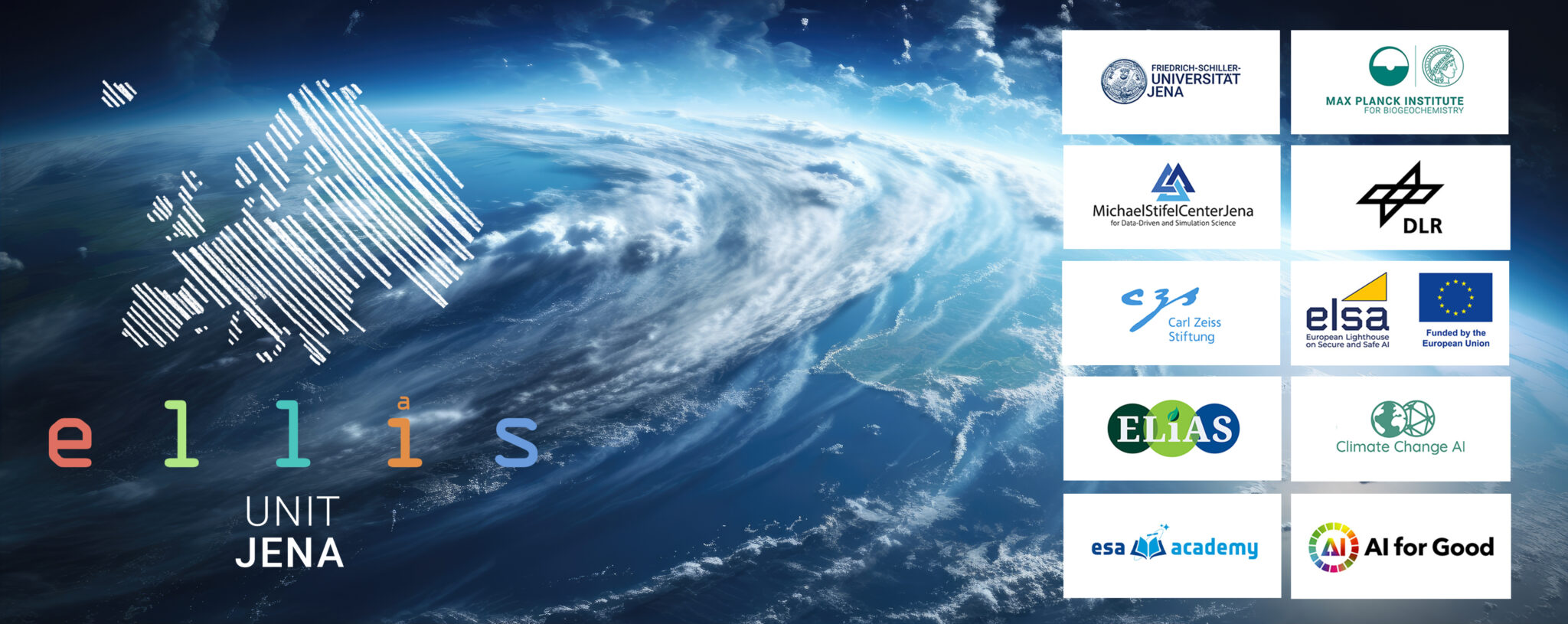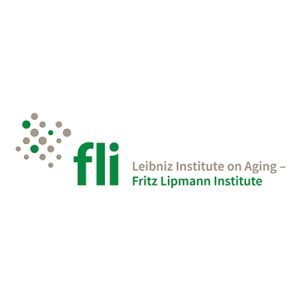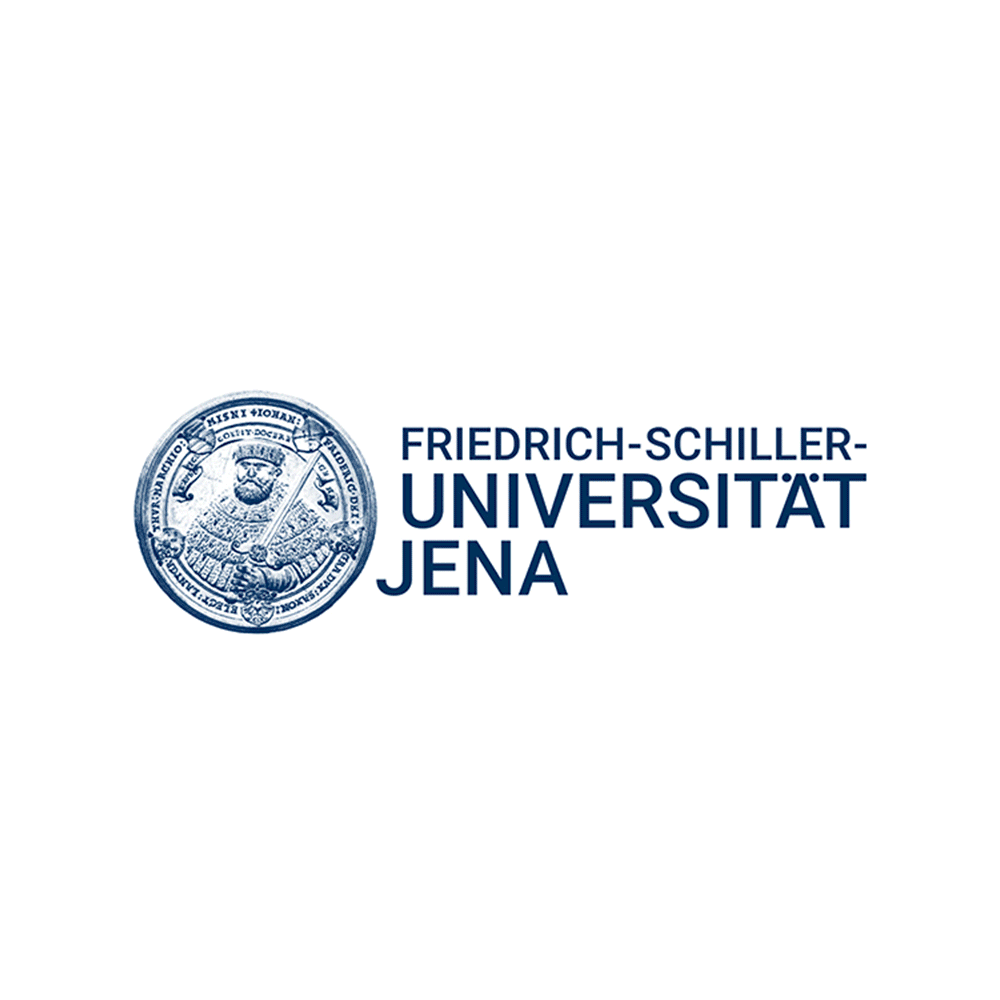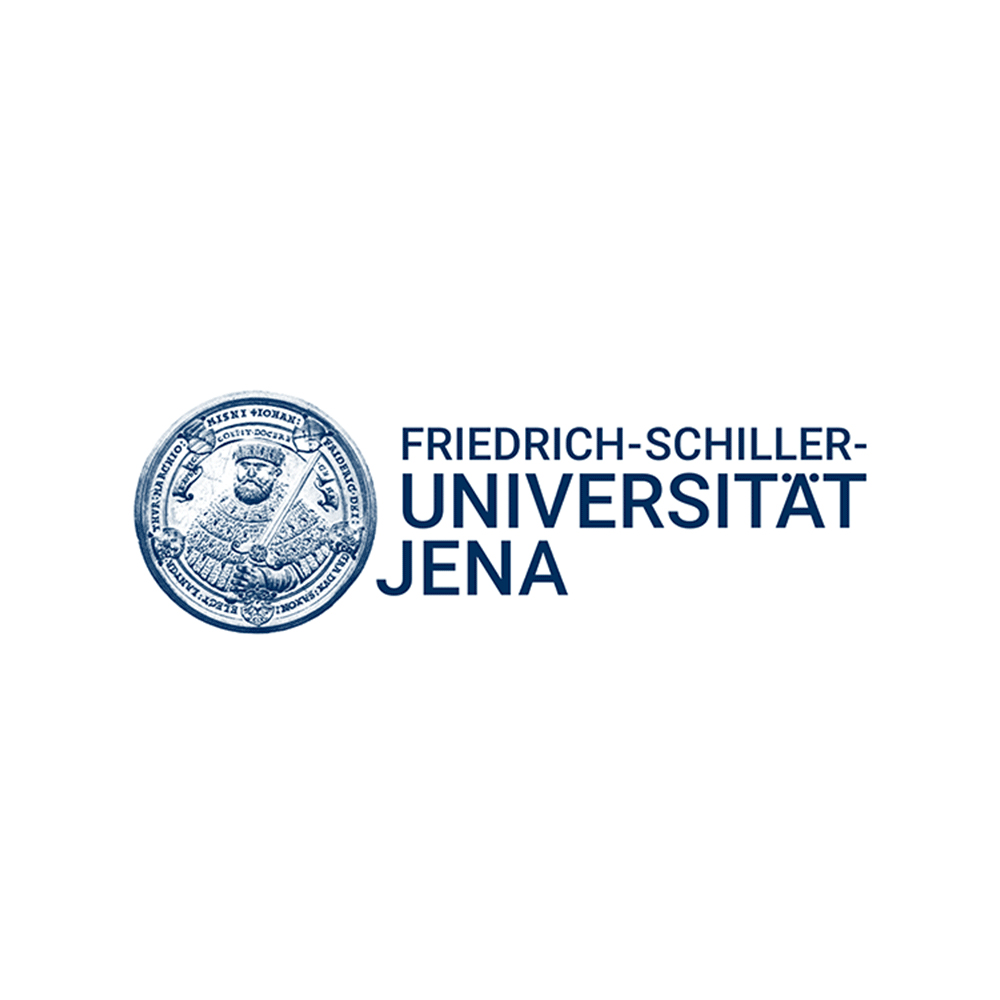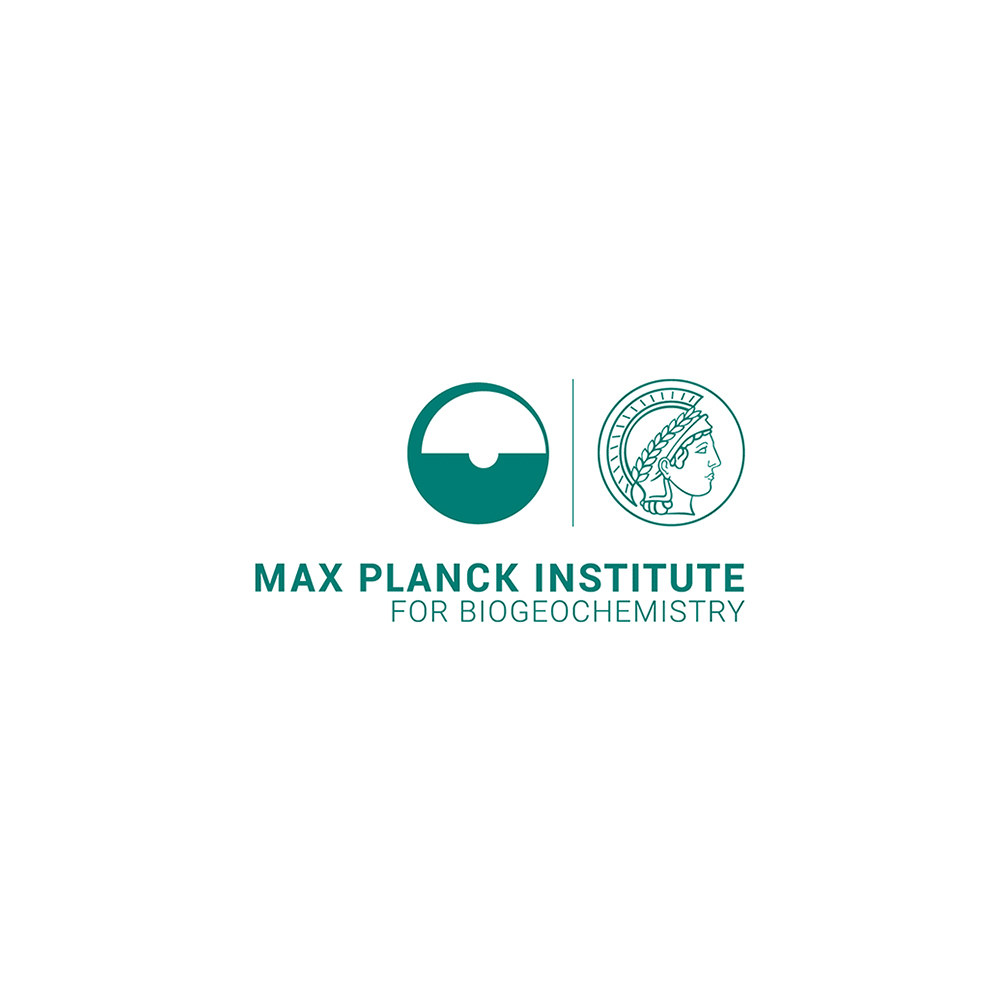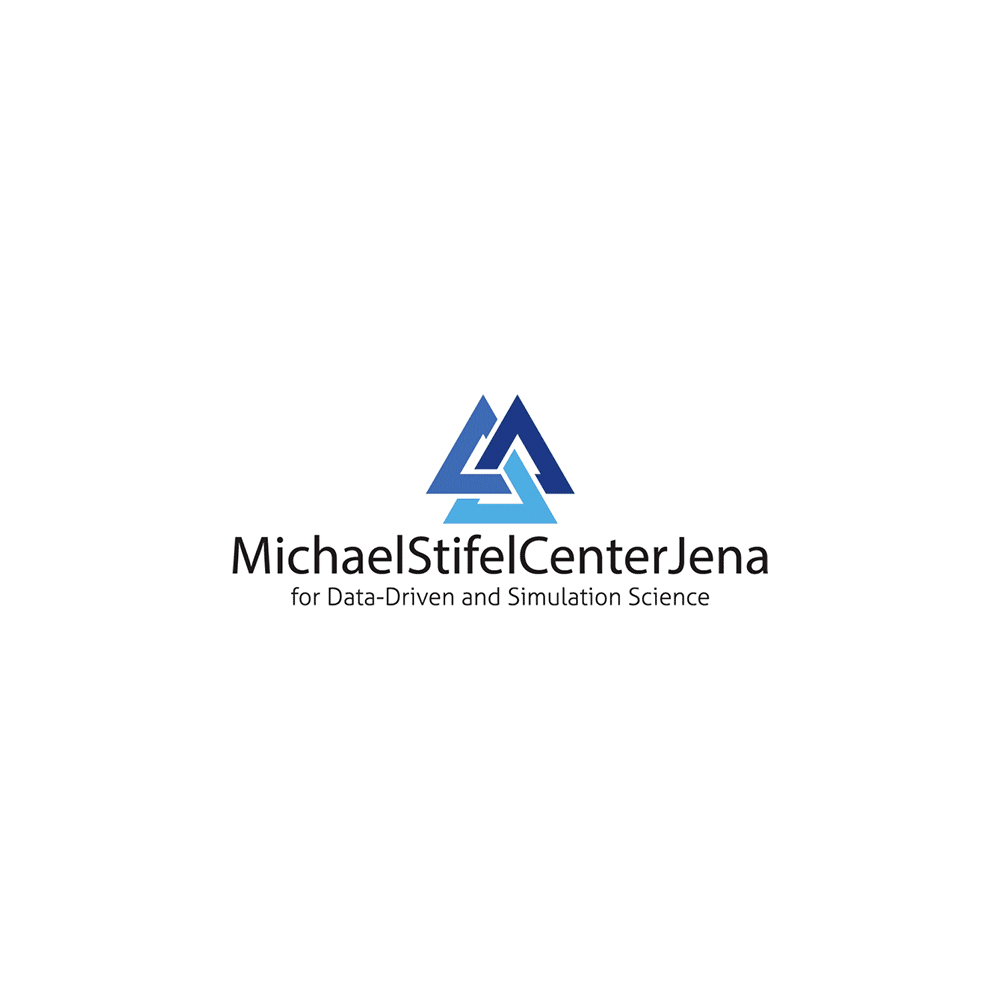CZS supported AI projects – session 2
13:20 AM – 14:15 PM
AI in Microbiome and Aging Research
Our multidisciplinary research group employs a comprehensive, multi-layered approach to decode the complex relationship between the microbiome – microbes living in and on organisms and their by-products – and the host’s aging. It’s becoming increasingly clear that the microbiome plays an important role in aging. Many studies now points to the profound impact microbial compositions have on healthspan and longevity. The shifts in gut microbiome composition are associated with age-related diseases and other degenerative conditions. Additionally, experiments involving microbiota transfers between young and older laboratory organisms have demonstrated influences on lifespan and age-associated declines in motor functions, cognition, and immune responses. By employing different molecular profiling techniques such as RNAseq, single cell RNAseq, and microbiome profiling (using 16S amplicon sequencing and shotgun metagenomics), combined with expertise in data analysis and machine learning, we study age-related dynamics of microbes, how the interaction between microbes and host changes with age, and the potential of these changes to predict health outcomes during aging. Our ultimate goal is to understand the roles of individual microbes and their interactions in promoting healthy aging. Furthermore, we aim to determine how these microbial components may interact with other potential aging interventions and lifestyle factors, paving the way for microbiome-centric therapeutics. In this presentation, I will provide insights into our current projects. These include examining the microbiome’s role in brain aging and neurodegeneration, investigating the phenomenon of a ‚leaky gut‘ — where microbes breach the intestinal wall to enter the bloodstream — and predicting the host’s aging using microbiome data. Overall, the microbiome holds the potential to serve as a dynamic mirror reflecting the aging process and environmental influences while also holding the power to influence the host. As we continue exploring this complex interaction scape, we hope to leverage advances in machine learning and data analytics to develop microbiome-based tools with diagnostic and therapeutic potential.
Speaker and Principal Investigator
Dr. Melike Donertas leads the AI in Microbiome and Aging Research Group at the Leibniz Institute on Aging (FLI) in Jena since January 2023, funded by the Carl Zeiss Foundation. Her studies started at the Middle East Technical University in Molecular Biology and Genetics, advancing to a Ph.D. at the University of Cambridge and European Bioinformatics Institute with an EMBL fellowship. Her Ph.D. explored computational studies on aging and age-related diseases, focusing on genetics and drug repurposing. An active member of the International Society for Computational Biology (ISCB), Dr. Donertas chaired regional student groups in Europe and the global student council, enhancing the computational biology community. Post-Ph.D., she transitioned to a postdoctoral role at the Max Planck Institute for Biology of Ageing, focusing on the microbiome’s role in aging, supported by the Collaborative Research Center on Predictability in Evolution (CRC1310). Later, having been awarded EMBO and MSCA postdoctoral fellowships, Dr. Donertas moved to the Leibniz Institute on Aging (FLI) in Jena to further integrate information theory, network biology, and machine learning to elucidate age-related changes in the microbiome. She continues at the same institute as a junior group leader, where they focus on computational biology and AI applications in understanding microbiome dynamics, using the microbiome to quantify and intervene in functional decline during aging.
How can artificial intelligence in microbiome research lead to better early detection of Alzheimer’s disease or type 2 diabetes? Novel AI models are being researched that are designed to predict the microbiome composition in the event of physiological changes.
The aim of the project is to establish an interdisciplinary junior research group at the interface between aging research, microbiome research and AI. In terms of content, the group will focus on the development and application of specific and explainable AI methods for further research into the microbiome. Neural networks will be used to develop powerful and accurate models that allow prediction of microbiome composition in the context of physiological changes, e.g., during aging or due to environmental influences. By modeling microbiotic dynamics, new insights can be gained in Alzheimer’s disease or type 2 diabetes.
Project leader

